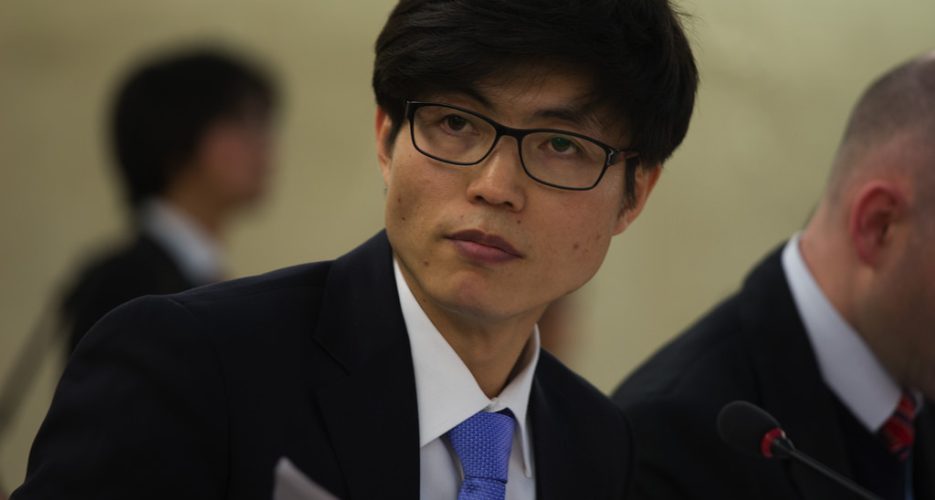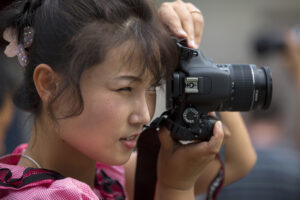For the last two weeks North Korea watchers have been much pre-occupied with what can be described as the “Shin Dong-hyuk affair.” At least some suspicions had been confirmed when Shin suddenly admitted what many had hitherto suspected: he did not spend most of his life in the total control zone of the notorious Camp 14; rather, Shin was an inmate of the more liberal Camp 18 (at least for a few years). As Shin in the last few years had emerged as the most promoted refugee worldwide, this admission changes much.
Shin’s admission, in particular, is more damaging because the best-selling book Escape from Camp 14, authored by Blaine Harden, had Shin’s story as its basis. Now the book looks far less reliable, even if we assume that Shin is not hiding anything else. His admissions still warrant a near-complete rewriting of the book, since he, for some still-unknown reasons, chose to lie about some of the important consequences of his imprisonment.
For the last two weeks North Korea watchers have been much pre-occupied with what can be described as the “Shin Dong-hyuk affair.” At least some suspicions had been confirmed when Shin suddenly admitted what many had hitherto suspected: he did not spend most of his life in the total control zone of the notorious Camp 14; rather, Shin was an inmate of the more liberal Camp 18 (at least for a few years). As Shin in the last few years had emerged as the most promoted refugee worldwide, this admission changes much.
Shin’s admission, in particular, is more damaging because the best-selling book Escape from Camp 14, authored by Blaine Harden, had Shin’s story as its basis. Now the book looks far less reliable, even if we assume that Shin is not hiding anything else. His admissions still warrant a near-complete rewriting of the book, since he, for some still-unknown reasons, chose to lie about some of the important consequences of his imprisonment.
Try unlimited access
Only $1 for four weeks
-
Unlimited access to all of NK News: reporting, investigations, analysis
-
Year-one discount if you continue past $1 trial period
-
The NK News Daily Update, an email newsletter to keep you in the loop
-
Searchable archive of all content, photo galleries, special columns
-
Contact NK News reporters with tips or requests for reporting
Get unlimited access to all NK News content, including original reporting, investigations, and analyses by our team of DPRK experts.
Subscribe
now
All major cards accepted. No commitments – you can cancel any time.










